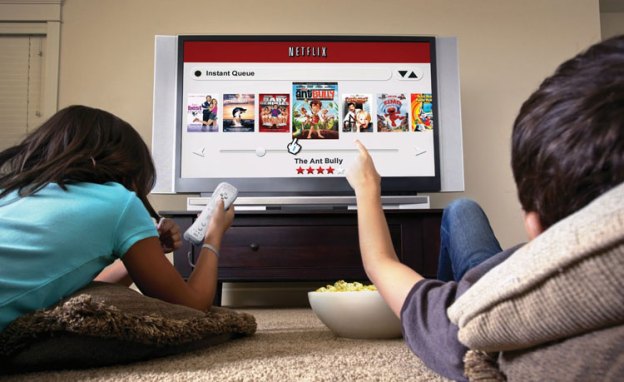
According to a report from Bloomberg earlier today, Time Warner Cable, Cox Communications and Charter Communications was looking into usage-based fees based on the amount of bandwidth consumed rather than simply a flat rate for a specific transmission speed. This modification in pricing would impose extra monthly fees on consumers that consume larger amounts of bandwidth, likely due to watching high definition video on services like Netflix, Vudu and Hulu Plus. Charlie Ergen, chairman of Dish Network, estimates that a typical fee structure could cost consumers an additional $20 a month. If a consumer was only subscribed to Netflix, it would cost a total of $335 a year to access the video streaming service with that additional $20 surcharge figured into the total yearly price.

Since Netflix now consumes approximately a third of all Internet bandwidth in North America, cable companies are concerned about further growth of the streaming company as well as the rise of competitors like Amazon Prime. If Internet-based video consumption continues, analysts estimate that 12.5 million U.S. households will receive television programming and movies through Internet video rather than traditional services by 2015.


